The glaring underrepresentation of women candidates in the current Lok Sabha elections has sparked conversations about gender bias in politics. Women made up only 8 per cent of all candidates in the first two rounds of the election, raising questions about the sincerity of political discourse on women’s empowerment.
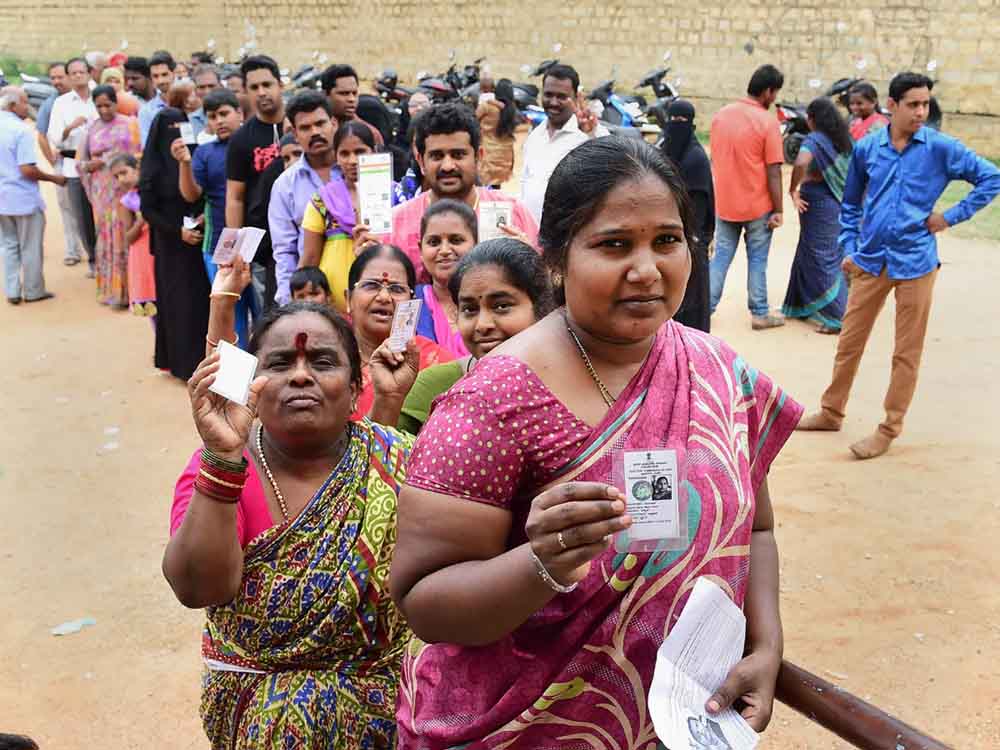
Just 235 of the 2,823 candidates who participated in the first phase on April 19 and the second phase on April 26 were women. The low number of women candidates has prompted concerns about the unwillingness of political parties to aggressively support gender diversity in their candidate selection procedures.
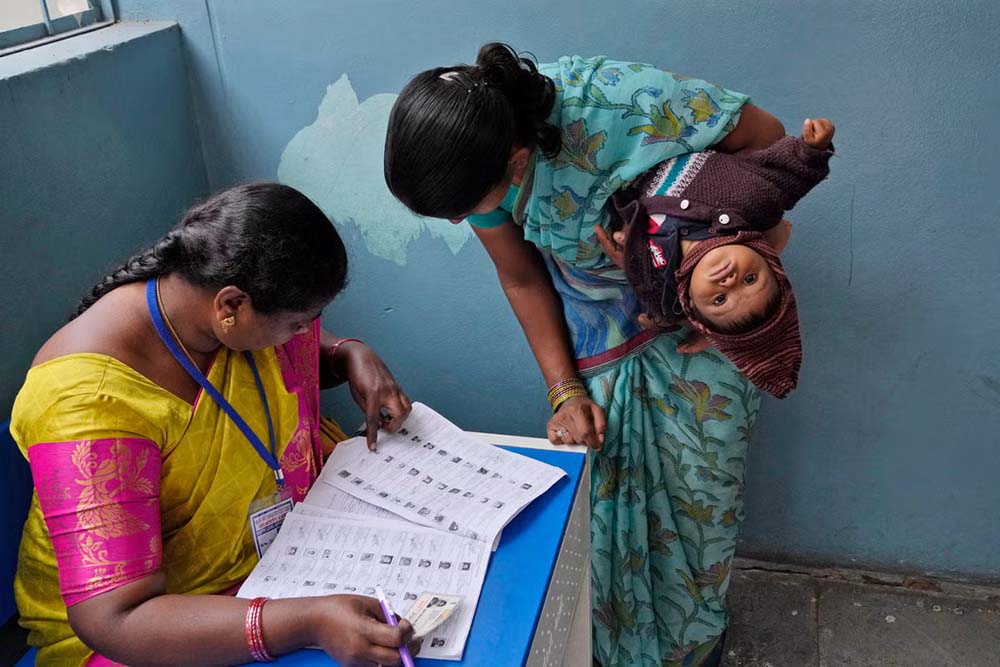
With 76 female candidates—or 8 per cent of all candidates in the state—Tamil Nadu led the count in the first phase. Kerala, however, had 24 female candidates in the second phase, the highest from any state so far. The gender disparity persists despite parties like the BJP fielding 69 female candidates and the Congress fielding 44 in the first two stages combined.
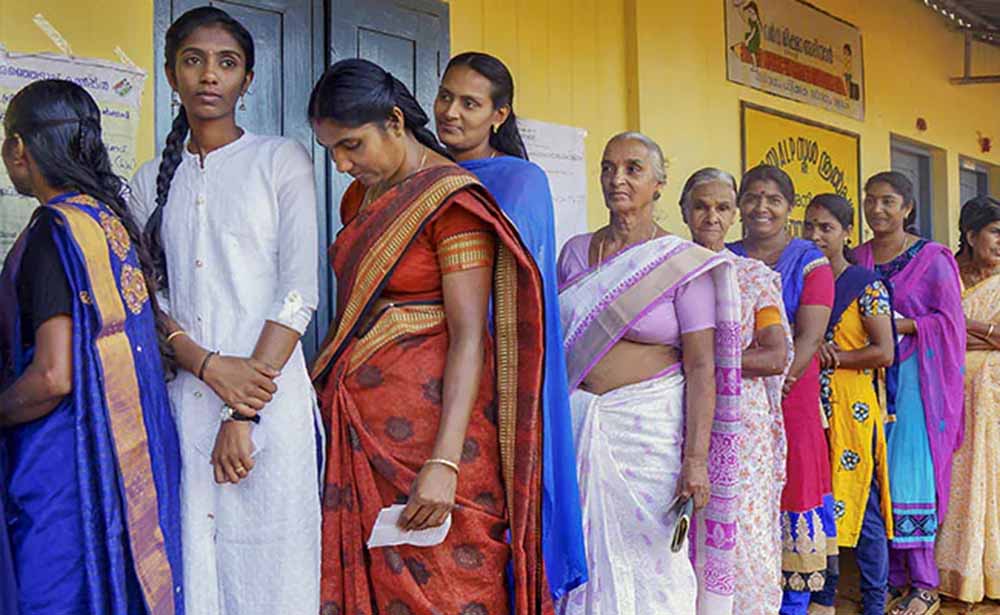
Parties have been under fire from political pundits and activists for failing to take aggressive steps to support female candidates. The general sentiment is that political parties should be proactive in fielding more women candidates, similar to the success of seat reservations for women within party structures, as seen in the UK’s Labour Party.
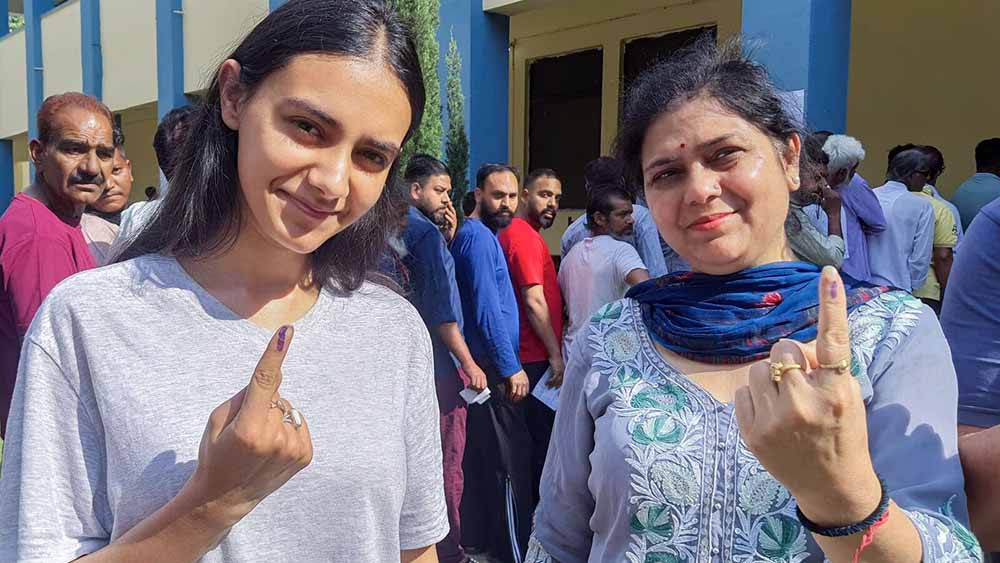
The need of the hour is to necessitate structural changes in order to guarantee equal possibilities for women in politics. Dr Iftekhar Ahmad Ansari from the Aligarh Muslim University (AMU) called on parties to give gender inclusion in candidate selection top priority and emphasised the critical role that party leadership plays in advancing gender diversity.
Retired AMU faculty member Farhat Jahan stressed the need for adjustments to party structures and election procedures in order to fully address the problem of women’s political representation. Although women-centric measures have been included in the manifestos of both major political parties, the BJP and the Congress, it is still difficult to translate these pledges into a significant number of women running for office.
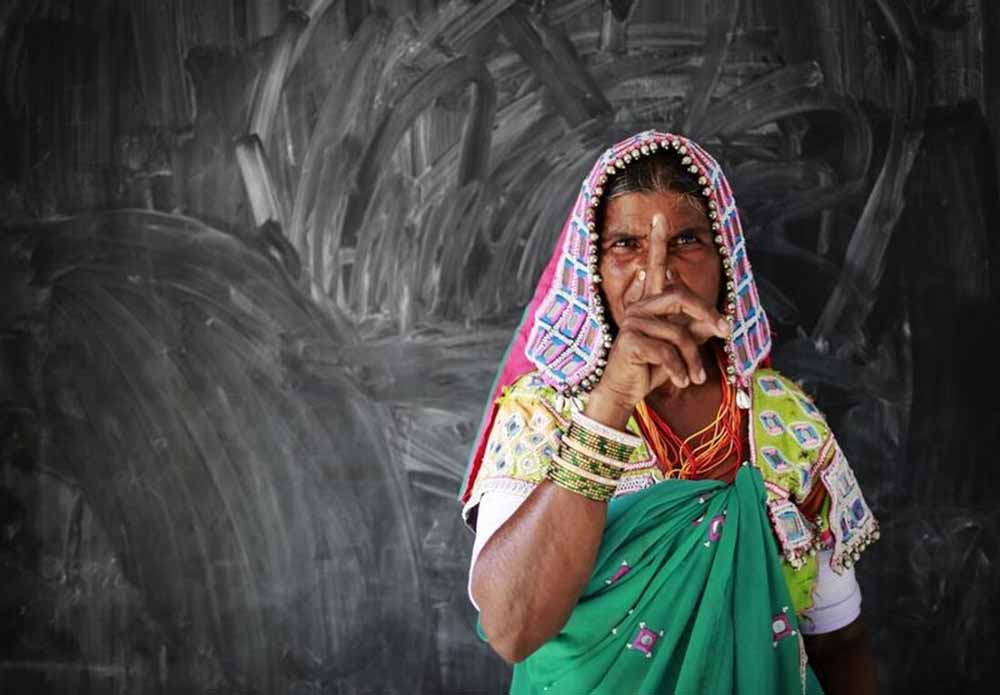
Political parties are under pressure to show a real commitment to promoting women’s representation and participation in government as the Lok Sabha elections are ongoing. Spectators are closely watching to see if there will be a significant change in the political landscape towards greater gender inclusivity, as poll phases are slated to conclude on June 1. The seven rounds of the elections began on April 19 and the vote-counting has been set for June 4.
Image source: NDTV, CNBC, Livemint, News18